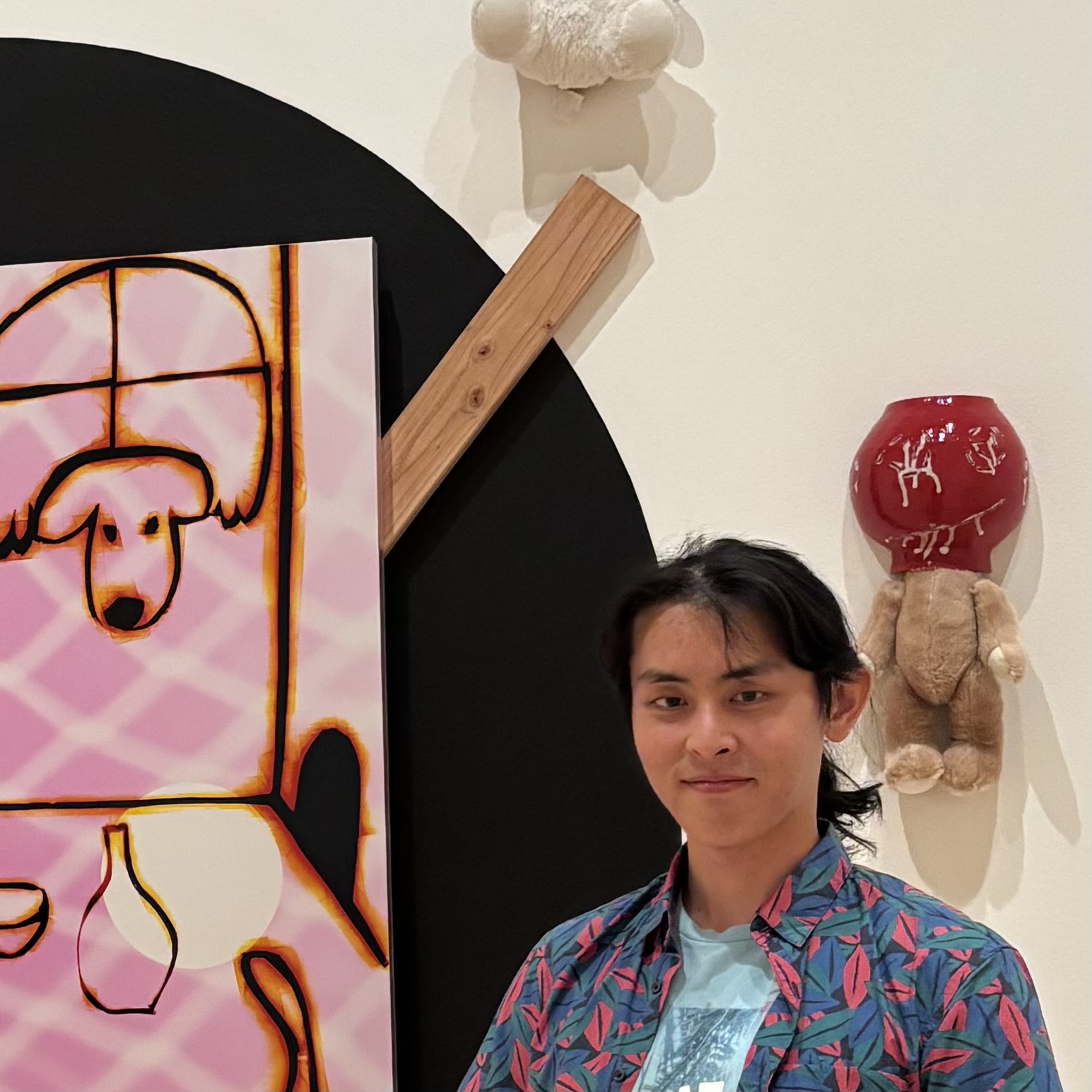Please check out Tomiyama Taeko Exhibition Zines!!
Zine 1 (Who is Tomiyama Taeko?)
Zine 2 (Echoes of Tomiyama Taeko)
My research examines the experiences of Japanese POWs in the post-World War II Soviet Union, particularly in Central Asia. It examines the intersection of war history, memory, and transnational impact, with a focus on how personal memories are often appropriated and reshaped to fit broader collective narratives in contemporary Kazakhstan and Uzbekistan. Why and how do people celebrate, lose, or recall memories in their histories? As an aspiring historian, I am seeking to find answers to this question in the context of the history of the Japanese POWs in the Soviet Union and Mongolia after WWII. As my research proceeds, I have become more cautious of the dominance of the collective historical narrative in contrast to the naive yet resilient individual memories: at least in this case, the memories of the POWs were appropriated and reworked into convenient narratives that served national interests: articulating this process is at the heart of my research.
JAPAN 1/2/3 Summer 2024
HIST 87 Summer 2025
HIST 17C Spring 2025
RG ST/JP 73 Fall 2024
JAPAN 6 Spring 2024
JAPAN 4 Fall 2023
My invitation to visit Nagasaki this summer.

